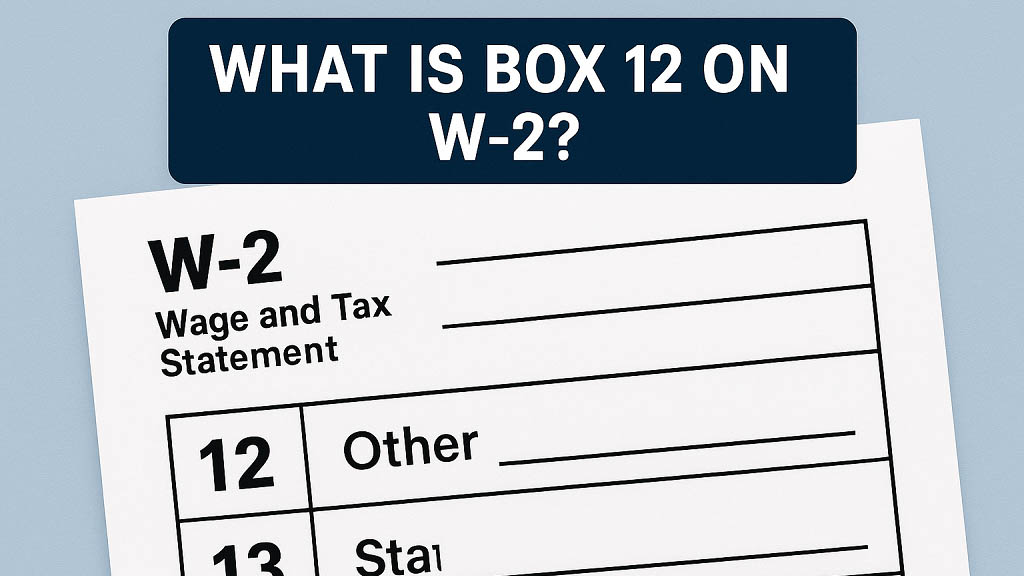Think of the 1099 form as a heads-up to the IRS. But what if your business is already incorporated? This guide cuts through the confusion! We will explain when and why corporations, including S Corps, C Corps, and LLCs, get a 1099 form, and when they don’t.
What is a 1099, and why are Corporations Exempt from receiving it?
The core question before we go into details is the 1099 form. What is it and how is 1099 reported?
Form 1099:
Basically, it is an information return document submitted to the IRS. It reports payments made to individual contractors which they might not file otherwise. There is a complete list of 1099 forms that are used to report different types of payments to individuals and businesses.
The 1099 Corporate Exemption:
Corporations are typically considered 1099 exempt because they report their taxes on other business forms. Count on 1120 or 1120-S for corporation taxes. This form comprehensively reports all of their income and is the primary document the IRS uses to track their earnings.
At a Glance:
Corporations might or might not receive a 1099 depending on the specific case. Here are some quick details:
|
Entity Type |
Receives 1099? |
Reasoning & Exceptions |
|
C Corporation |
No (Generally) |
Files Form 1120. Exceptions for legal and medical payments. |
|
S Corporation |
No (Generally) |
Files Form 1120-S. Exceptions for legal and medical payments. |
|
LLC (Sole Proprietorship) |
Yes |
Disregarded entity, income is reported on the owner’s personal return (Schedule C). |
|
LLC (Partnership) |
Yes |
Files a partnership return (1065) and distributes k-1s. The IRS needs 1099s to verify gross receipts. |
Why Corporations Are Different from Individuals?
A corporation is considered a separate entity in the Federal government’s eye. It is taxed differently than an individual. Basically, it’s a rigid business structure where income is taxed at different rates. That’s the main reason corporations do not receive 1099 forms. Though there are exceptions, we will discuss 1099 reporting for corporations shortly.
Who Gets a 1099?
When it comes to corporations, exceptions always exist. Here are details of all common business entities that can get a 1099 Form.
Do S Corps Get a 1099?
The general rule is that S Corps are usually exempt from 1099. Their income is reported on the 1120-S form. The Form 1120-S details all income and expenses. The IRS already gets a clear picture of all money-related matters of these corporations, so having a 1099 will be redundant.
Do C Corps Get a 1099?
Similar to S Corps, C Corps are usually exempt from receiving 1099 forms. The reason is Form 1120. This form clearly states all income and expenses of C Corp businesses. So, receiving and filing 1099s will create redundant information and an extra burden for the IRS.
Furthermore, Form 1099s are specifically for incorporated businesses and solopreneurs.
Do LLCs Get a 1099?
LLCs are way different from corporations. The possibility of getting a 1099 totally depends on how the LLC is taxed. It is crucial to understand when an LLC can receive a 1099 and when it is exempted.
- Single-Member LLC (Disregarded Entity): Single-Member LLCs are typically treated as sole proprietorships. Thus, these entities will receive 1099 form payments above the $600 threshold.
- LLC Taxed as a Partnership: An LLC that depends on a partnership also gets a 1099. The reason is that each partner prepares their individual taxes with profit and loss calculation. If some of the rendered services exceed the minimum threshold of $600, they will get 1099 forms.
- LLC Taxed as an S-Corp or C-Corp: As the name suggests, when an LLC is taxed as an S-Corp or C-Corp, it will not receive a 1099.
The Critical Exceptions to the 1099 Issuing Rule
Not only the type of entity but the type of payment can also trigger a 1099. For instance, legal gross proceeds to an attorney can trigger 1099 issuance.
A corporation may receive a 1099 form in a few specific scenarios. These exceptions are typically related to payments other than standard business services. These include:
- Gross Proceeds to an Attorney: A business must file a Form 1099-MISC to report gross proceeds of $600 or more paid to an attorney. No matter whether the law firm is a corporation or not.
- Payments for Medical and Health Care Services: In some cases, a business may be required to file a Form 1099-MISC to report payments of $600 or more to a corporation for medical or health care services.
- Other Miscellaneous Income: Corporations could receive a Form 1099-MISC for other miscellaneous income, such as rent, royalties, or prizes and awards, if the amount is $600 or more.
- Backup Withholding: If a business is required to perform backup withholding on payments to an S Corp or C Corp (for example, if the corporation fails to provide its correct taxpayer identification number), the business must report that withholding using the appropriate 1099 form.
- Third-Party Payment Networks: Third-party platforms like PayPal or Stripe issue a Form 1099-K if certain payment thresholds are met, regardless of business type.
Quick Note: In most cases, an S Corp may get Form 1099-MISC and Form 1099-NEC.
What to Do If You Receive a 1099 in Error
It is unusual to receive a 1099 form if your business is a corporation and doesn’t fall under the above-mentioned criteria. However, odds exist! You might get a 1099 in error. Here are a few steps you can take to avoid taxation complexities due to 1099.
- Contact the payer right away.
- Explain that your business is a corporation and is exempt from 1099 reporting for the type of service provided.
- Ask for a corrected Form 1099-NEC (or 1099-MISC) that shows zero dollars, or a letter confirming the error.
Remember, a letter confirming the error is crucial. Otherwise, the 1099 can create a discrepancy for your business. The IRS might flag an income that you owe tax on!
Conclusion:
The type of payment and the type of business structure both play a key role in how you report taxes. You must report only those business tax forms that are required for your business. It creates coherence and reduces stress. Remember, accurate tax reporting is key to thriving in your business legally. Also, if you are struggling with filing your tax forms, try E-File Workforce Payroll software. It’s easy, intuitive and just perfect for business tax form filing.





